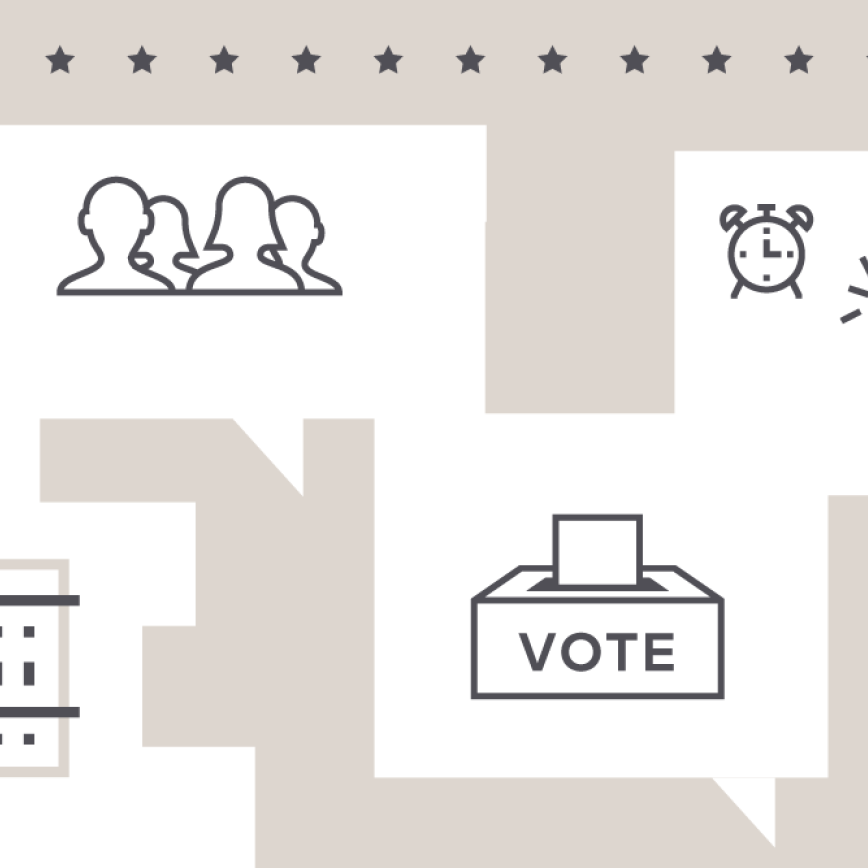Managing Risk Ahead of a Crisis
I didn’t play sports growing up, but I am an avid football fan who loves to watch the offense, defense and special teams share the stage. Every play, position and moment matters, contributing to whether the team wins or loses, regardless of who’s on the field when the clock runs out.
The same mindset applies to a successful communications risk management strategy. While crisis communications can mean a number of things depending on what you’re facing, at the heart of it is knowing that at any moment, you might be forced to pivot from a positive reputation strategy to correcting the narrative or defending a choice that was made. Whether it’s a regulatory decision or policy that will impact your work product, a news story that may influence your reputation or a strategic business decision that’s receiving backlash, preparing for such scenarios ahead of time will help ensure a successful communications strategy and visible path forward.
Here are five ways you can prepare for a crisis or negative attention when you know it’s coming:
1. Analyze the situation at hand.
Knowing what you’re going up against is the first step to understanding and managing risk. Take time to conduct research and look at the current landscape that will be impacted by the issue and any vulnerabilities that exist. Who are the leading voices driving the conversation? Where do your competitors or opposition voices stand and is there potential for them to amplify the issue? Before reacting, ensure you understand who is most at risk and how it impacts them, how it will impact your business and what the desired outcome will be.
2. Scenario plan.
Once you know that a reputational hit or crisis is on the horizon, first determine if it's necessary to engage. Will you do more harm if you respond or is there potential to reinforce a negative narrative? If staying silent is not an option, identify the best and worst-case scenarios and the potential outcomes for each. Establishing each endpoint and then mapping out additional scenarios along the way will help you prepare thoughtful strategic communications plans that align with each level of risk.
3. Identify your allies and foes.
Similar to scenario planning, identify those you will be able to rely on to communicate your message positively and determine if you will be able to change the minds of those working against your goals. Consider an exclusive interview with a reporter when appropriate, and map key messages and elements of your business to select reporters along the way, or utilize third-party advocates to publish an op-ed or speak to media. A consistent, proactive media strategy will strengthen longstanding relationships that you can rely on to better understand and navigate what’s coming.
4. Be proactive and open to feedback.
Long before the crisis comes or rumblings even begin, put in the work to own and shape the narrative. Ensure you have a bank of stories and positive case studies from advocates, employees, members or customers to share via your owned channels or in target media markets and listen to them carefully to incorporate any feedback that might help you improve prior to a crisis bubbling up. Use these learnings, along with your data and analysis findings, to determine proof points that ground your communications materials, regardless of whether you’re playing offense or defense.
5. Prepare your spokespeople while maintaining authenticity.
Communicating clearly, consistently and authentically to internal and external audiences is imperative. We’ve all witnessed leaders offer apologies or defend an action that feels painfully scripted, so media train your spokespeople to be comfortable with company talking points while still showing their authentic self and relating with the issues at hand. Practice potential scenarios – even with veteran principals – to ensure they are comfortable with any potential situation. During times of instability, employees and stakeholders will need to be reassured and one statement or video can make or break that trust.
The Adfero POV
Always remember to do no harm. When a crisis is coming and the impact it will have can be hard to predict, doing the work ahead of time will allow you to respond quickly, calmly and intentionally if and when the time comes.


